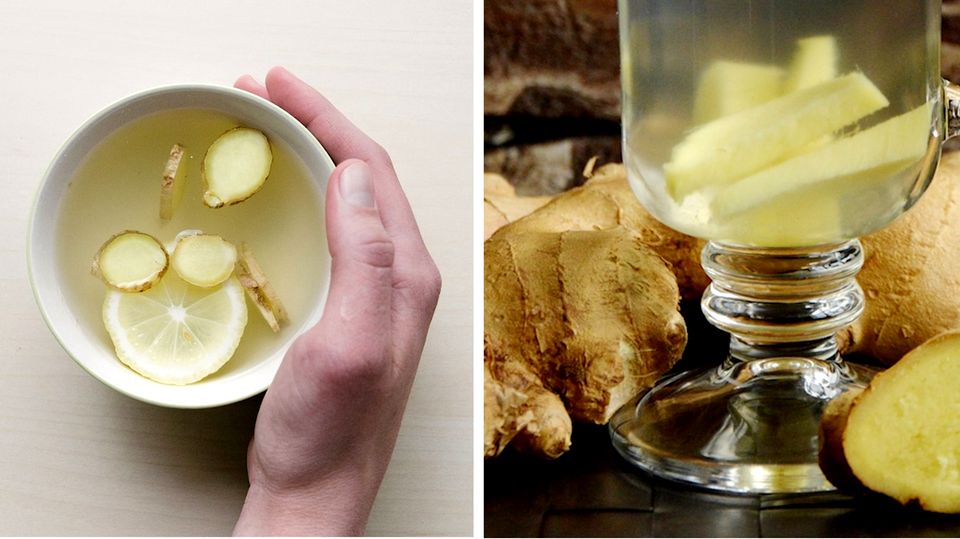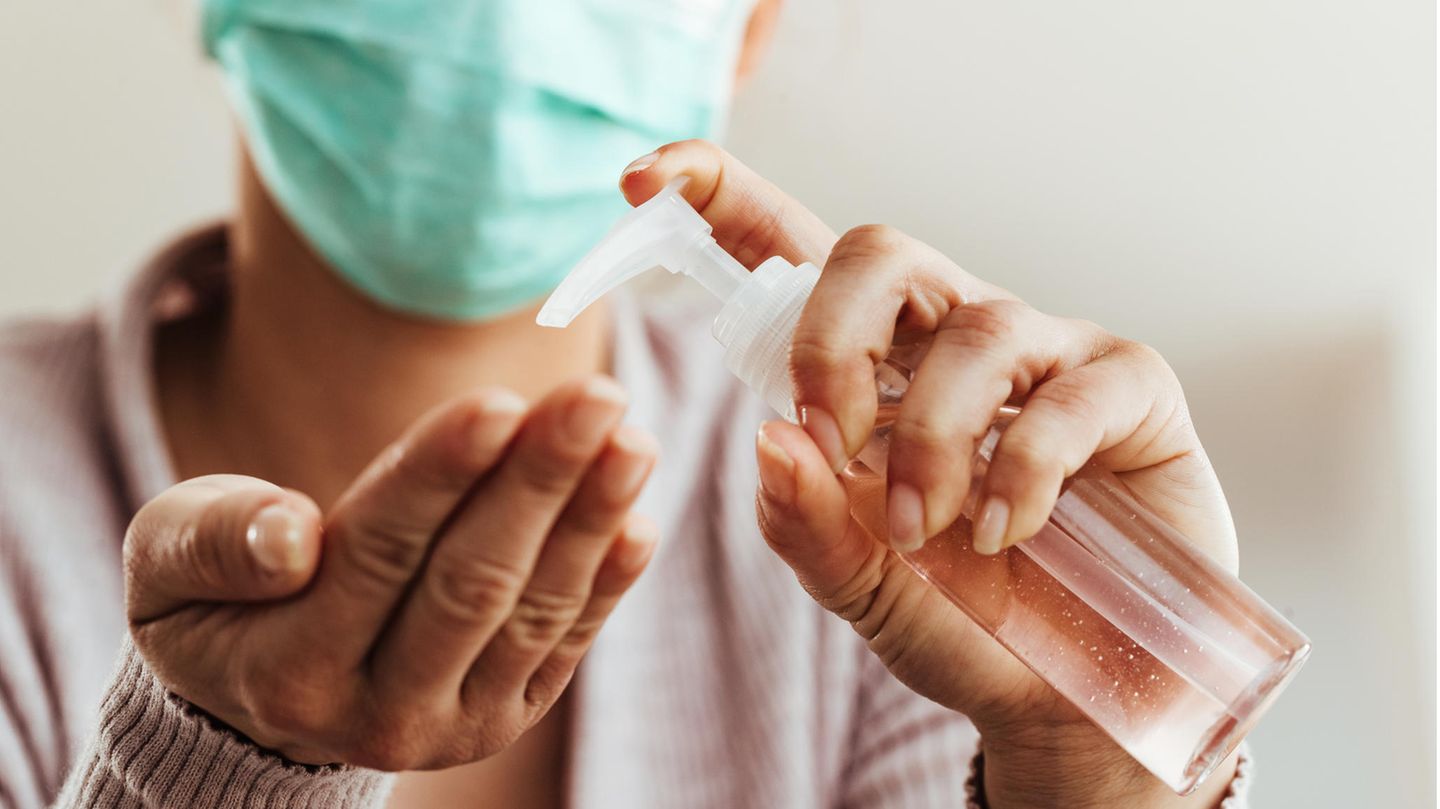Many people disinfect their hands in order to protect themselves against the coronavirus. How useful are disinfectants? And what names should consumers pay attention to? Stiftung Warentest has the answers.
They dangle from the handles of strollers, stand at the entrance of restaurants or medical practices: disinfectants have become constant companions in the pandemic – in addition to measures such as keeping your distance and wearing a mask. has taken a closer look at the everyday helpers and gives tips when it makes sense to use them and how consumers recognize that the agents also help against the coronavirus. Because: Not all disinfectants are created equal.
The examiners recommend the products primarily for use on the go: in the supermarket, bus and train, or whenever there is no way to wash your hands with soap and water. However, especially at home, it is enough to wash your hands regularly, emphasizes Stiftung Warentest. “For at least 20 seconds, with soap or mild washing lotion.”
Wipe off? Better not
When used correctly, disinfectants can help break the chains of infection, stresses Warentest. In order for the remedies to develop their full effect, the hands must be completely and lavishly moistened, from the fingertips, through the spaces between the fingers, palms, backs of the hands to the wrists. Important: Let your hands air dry afterwards. If you wipe the agents with paper or cloth towels, you risk that they will not work optimally.
In supermarkets, drugstores and pharmacies, disinfectants are often available as gels, solutions and sprays. As an active ingredient, they usually contain ethanol, i.e. alcohol. It is worth taking a first look at the small print: For disinfectants to work against enveloped viruses such as the coronavirus, they must contain at least 63 grams of ethanol. However, not all manufacturers indicate the alcohol content on the packaging. How can consumers then tell whether the agents also help against the coronavirus?
Disinfectants against the coronavirus: You should pay attention to these designations
Further designations, such as the reference, provide information “limited virucidal”. These disinfectants work against enveloped viruses (including coronavirus, flu viruses). Are disinfectants considered “viruzid” shown, they also help against non-enveloped viruses, such as the norovirus. Also names like “works against enveloped viruses” or “against special viruses” show, according to the product test, that the agents are effective against the corona virus. According to the product test, the addition of “special viruses” is a collective term against corona viruses or enveloped viruses.

However, one should not rely solely on the effectiveness of disinfectants. The coronavirus spreads mainly through so-called aerosols – the finest suspended matter in the air to which viruses can adhere. Wearing high-quality masks indoors is therefore an important protective measure, as is regular ventilation and keeping your distance. Disinfectants can complement these measures and also protect against further germs,
Also read:




